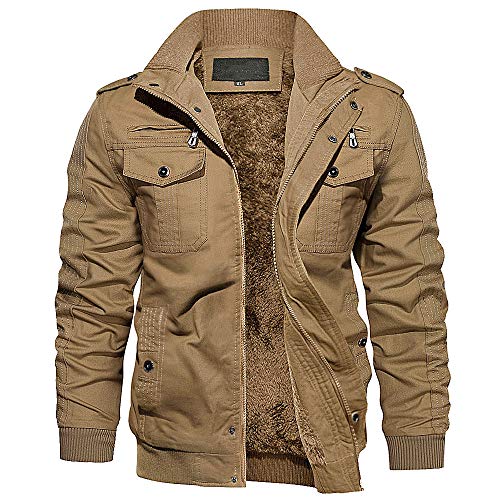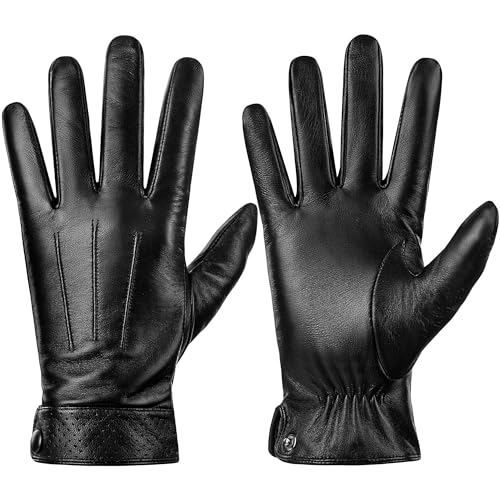1911
Well-known member
I’ve recently seen a few threads about soft brake pedal/lever issues including
https://www.fjrforum.com/forum//index.php/topic/170524-bad-abs-hydraulic-unitmodule-2007a-per-yamaha-dealer/page-1
and
https://www.fjrforum.com/forum//index.php/topic/170958-new-sponginess-travel-to-rr-brakes/
My issue wasn’t precisely the same but something here may be useful to somebody with spongy brakes.
My front brake got mushy, without the system having been opened. Disassembly found that the rubber in the mast cyl had become soft and swollen. It’s hard to tell in the pics of the pushrod assembly but obvious in the pics of the cap diaphragm.
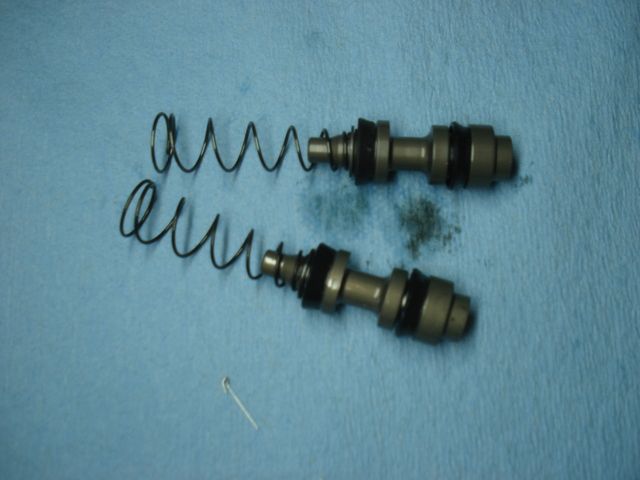
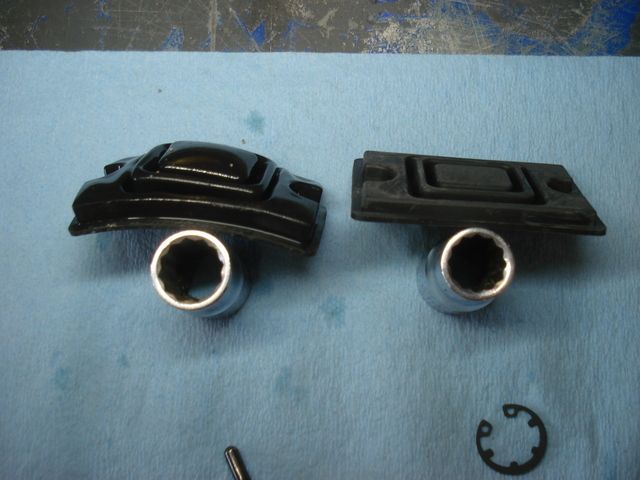
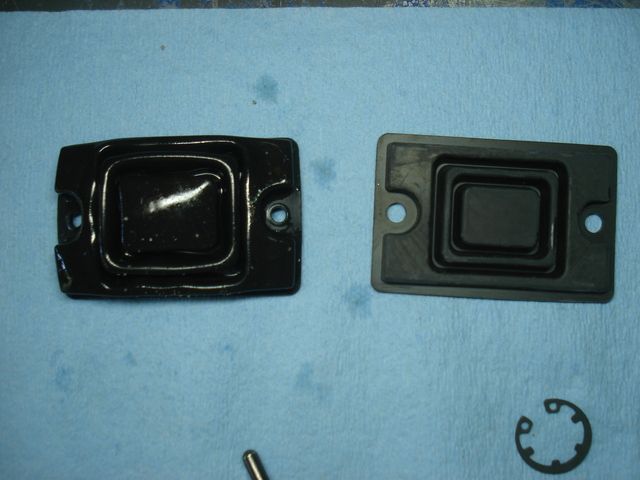
I’ve seen this happen in brake systems when petroleum products such as power steering fluid or transmission fluid have been added to the brake system. And I’ve seen all manner of fluid snafu in 30+ years of making a living working on cars. Some people have no business opening a hood. Nothing but DOT4 has been used in my bike, most recently
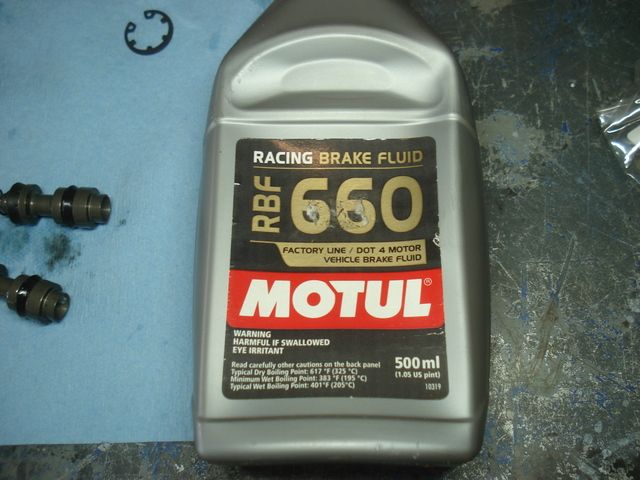
So , a mast cyl kit and new cap diaphragm from Yamaha, and YAMAHA fluid, and all is good as new.
A few bleeding observations:
I use an air powered vacuum bleeder. It draws the fluid through fast enough to suck the air downstream. Still, the path is convoluted, considering the linked system and ABS module.
On hydraulic systems where the bleeder is lower than the fluid source (most bike and car brake systems and especially hydraulic clutch systems) it’s sometimes helpful to push fluid UP from the bottom to the top, since air wants to travel up anyway. There are a couple ways to do this. Before any attempt to push fluid “up” you’ll want to have flushed the system with clean fluid already. Trash settles at the lowest point- the calipers. That’s why when a good mechanic does a brake job on a disc system he’ll open the bleeder, and preferably apply vacuum, while pushing the caliper pistons back into the caliper bores. Just flip up the calipers and push the pistons in and you push the crap that has settled to the bottom back up through the ABS modulator and master cylinder. I’ve seen a lot of service advisors call a customer back after a brake job and tell them that they now have to buy a master cylinder. I’ve also seen the service department “eat” a lot of master cylinder replacements, when the customer was no dummy.
The slickest way to bleed uphill is with pressure bleeding equipment-expensive and nearly obsolete. If bleeding with vacuum, speedbleeders or the normal “pump it up, hold it, and open the bleeder” hasn’t worked I have solved the problem by pushing the air “up”, by pushing in a caliper piston or slave cylinder pushrod-AFTER flushing clean fluid through the entire system.
I also like to “exercise” the ABS system. A car/bike can go years without the parts in the ABS modulator moving if the brakes never approach lockup. Some newer generations of ABS systems cycle the ABS solenoids at every startup. Activating the system helps keep parts moving and can help free a stubborn air bubble. My driveway is gravel so keeping my ABS parts moving isn’t a problem.
Exercise your ABS, or do anything I mention here AT YOUR OWN RISK! Just because it’s on the web doesn’t mean it’s smart or safe.
It won’t hurt my feelings if mods merge this post with another thread.
https://www.fjrforum.com/forum//index.php/topic/170524-bad-abs-hydraulic-unitmodule-2007a-per-yamaha-dealer/page-1
and
https://www.fjrforum.com/forum//index.php/topic/170958-new-sponginess-travel-to-rr-brakes/
My issue wasn’t precisely the same but something here may be useful to somebody with spongy brakes.
My front brake got mushy, without the system having been opened. Disassembly found that the rubber in the mast cyl had become soft and swollen. It’s hard to tell in the pics of the pushrod assembly but obvious in the pics of the cap diaphragm.



I’ve seen this happen in brake systems when petroleum products such as power steering fluid or transmission fluid have been added to the brake system. And I’ve seen all manner of fluid snafu in 30+ years of making a living working on cars. Some people have no business opening a hood. Nothing but DOT4 has been used in my bike, most recently

So , a mast cyl kit and new cap diaphragm from Yamaha, and YAMAHA fluid, and all is good as new.
A few bleeding observations:
I use an air powered vacuum bleeder. It draws the fluid through fast enough to suck the air downstream. Still, the path is convoluted, considering the linked system and ABS module.
On hydraulic systems where the bleeder is lower than the fluid source (most bike and car brake systems and especially hydraulic clutch systems) it’s sometimes helpful to push fluid UP from the bottom to the top, since air wants to travel up anyway. There are a couple ways to do this. Before any attempt to push fluid “up” you’ll want to have flushed the system with clean fluid already. Trash settles at the lowest point- the calipers. That’s why when a good mechanic does a brake job on a disc system he’ll open the bleeder, and preferably apply vacuum, while pushing the caliper pistons back into the caliper bores. Just flip up the calipers and push the pistons in and you push the crap that has settled to the bottom back up through the ABS modulator and master cylinder. I’ve seen a lot of service advisors call a customer back after a brake job and tell them that they now have to buy a master cylinder. I’ve also seen the service department “eat” a lot of master cylinder replacements, when the customer was no dummy.
The slickest way to bleed uphill is with pressure bleeding equipment-expensive and nearly obsolete. If bleeding with vacuum, speedbleeders or the normal “pump it up, hold it, and open the bleeder” hasn’t worked I have solved the problem by pushing the air “up”, by pushing in a caliper piston or slave cylinder pushrod-AFTER flushing clean fluid through the entire system.
I also like to “exercise” the ABS system. A car/bike can go years without the parts in the ABS modulator moving if the brakes never approach lockup. Some newer generations of ABS systems cycle the ABS solenoids at every startup. Activating the system helps keep parts moving and can help free a stubborn air bubble. My driveway is gravel so keeping my ABS parts moving isn’t a problem.
Exercise your ABS, or do anything I mention here AT YOUR OWN RISK! Just because it’s on the web doesn’t mean it’s smart or safe.
It won’t hurt my feelings if mods merge this post with another thread.






